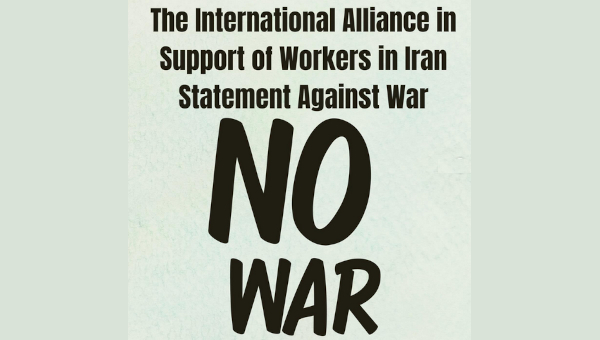Iran: Power slipping to streets
by Babak Kasrayi
Monday, 28 December 2009
Over the last few days, mass demonstrations have erupted again in Iran. Millions are on the streets and there are reports of the people taking control of the streets, burning down police stations and even of police refusing to fire on demonstrators. These could be the last days of the hated IRI regime. If a revolutionary leadership were present, the hours of the Islamic Republic would be counted. We publish this article with lots of eyewitness reports from the ground.
A year ago it would have been impossible to believe or even think about it, but as this article goes to print, the power of Islamic Regime is being eroded in Iran and the power is slipping to streets under the massive pressure of people. The equation is simple: millions of people are on streets and there is just not enough police and military forces to contain them.
December 26 and 27 this year was concurrent with the traditional Shiite days of mourning, Tasoa and Ashoora. Shiite Muslims traditionally mourn on these days to commemorate Imam Hossein, a grandson of Prophet Mohammad, who was killed on “Ashoora”. However, like any other religious tradition it has been generally treated like a street carnival by masses. This year, in the midst of a revolutionary movement that started six months ago and has shook Iranian society to its foundations, people had decided to use it as a day of protests. It was therefore for some time generally acknowledged that December 26 and 27 will be days of massive protest.
[...]
Another very important development is some reports that show a number of forces have refused to shoot people, dismissing orders from their commanders. A report from [JRS] (Green Way Movement network), one of the most credible news sources, said:
Read the complete report here ...
Monday, 28 December 2009
Over the last few days, mass demonstrations have erupted again in Iran. Millions are on the streets and there are reports of the people taking control of the streets, burning down police stations and even of police refusing to fire on demonstrators. These could be the last days of the hated IRI regime. If a revolutionary leadership were present, the hours of the Islamic Republic would be counted. We publish this article with lots of eyewitness reports from the ground.
A year ago it would have been impossible to believe or even think about it, but as this article goes to print, the power of Islamic Regime is being eroded in Iran and the power is slipping to streets under the massive pressure of people. The equation is simple: millions of people are on streets and there is just not enough police and military forces to contain them.
December 26 and 27 this year was concurrent with the traditional Shiite days of mourning, Tasoa and Ashoora. Shiite Muslims traditionally mourn on these days to commemorate Imam Hossein, a grandson of Prophet Mohammad, who was killed on “Ashoora”. However, like any other religious tradition it has been generally treated like a street carnival by masses. This year, in the midst of a revolutionary movement that started six months ago and has shook Iranian society to its foundations, people had decided to use it as a day of protests. It was therefore for some time generally acknowledged that December 26 and 27 will be days of massive protest.
[...]
Another very important development is some reports that show a number of forces have refused to shoot people, dismissing orders from their commanders. A report from [JRS] (Green Way Movement network), one of the most credible news sources, said:
“ [JRS] correspondent reports that clashes all over Tehran are intensifying and police has lost control of many neighborhoods. Military commanders have asked their forces in central Tehran to use direct shooting to disperse demonstrators. But forces are refusing the command, causing disputes between forces and commanders.”A [JRS] correspondent present around Enqelab Square clashes says: “After this dispute, one of the guards said: ‘I will never kill the people of my own country’, he was then slapped by his commander who threatened him with martial court.” (Special Guard Forces Refuse to Shoot People).
Read the complete report here ...







